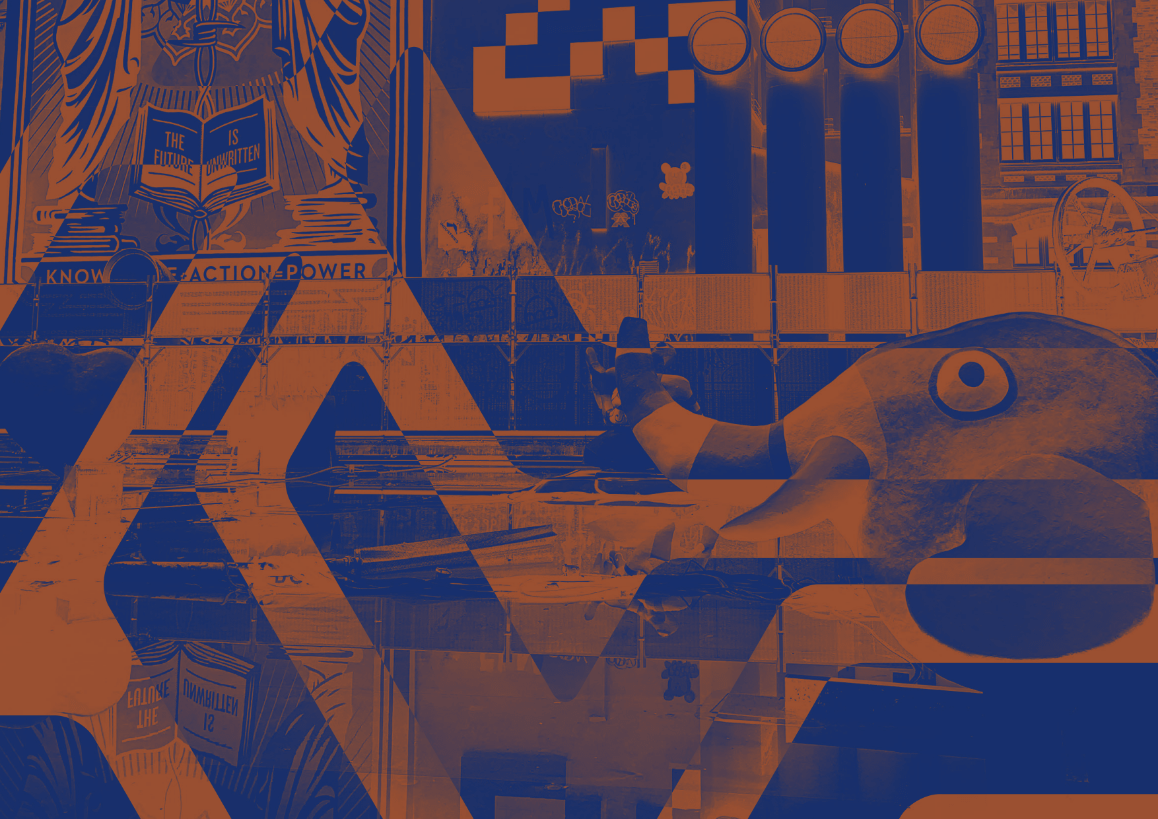Let’s build
the alignment playbook
Alignment is a journey and companies need a compass. As part of its strategy on developing open resources to accelerate the transition towards a fertile future, the investment firm 2050 is launching the Alignment Playbook. You will find here all you need to start your own path to align your business with the best interests of the society and the planet.
The playbook is articulated around 2050’s Key Alignment Indicators (KAI) and shares its methodology, as well as curated resources (tools, templates, knowledge, stories). Please make this open and collaborative platform yours! Pick, share and upload more relevant content to boost the emergence of the alignment community around the world.
This platform is still in beta phase and we look forward to hearing your feedback!
Ecosystem Robustness
Your company is engaged in crafting a fertile future? Then you are building a robust ecosystem, nurturing it everyday as it nurtures you. There is no other way: to be able to sustainably scale your business activities, your economic successes need to lead to impactful positive outcomes to your stakeholders’ community and vice versa. Measuring these outcomes is a good way to monitor the sustainability of your growth strategy.
Openness, sharing and collaboration
are key to building a fertile ecosystem.
#1 Build aligned ecosystems to reach sustainable scalability
Future champions need to rely on strong allies: a protective ecosystem of consumers, suppliers and partners who are working in the same direction, helping each other and sharing resources to grow together.
To be a champion and be part of a market shift, a company needs to build trust, common culture and goals and sound relationships with its stakeholders.
Key questions you should ask yourself
– How does the company define its corporate ecosystem (meaning its natural ecosystem and its networks of stakeholders – employees, suppliers, competitors, public authorities, NGOs, … – engaged to create a positive and sound market shift)?
– What are the key drivers for sound relationships within the company’s ecosystem?
– Do stakeholders have confidence in the company’s ability to lead a fair and impactful market switch?
– What are the company’s key indicators to assess the strengths of its relationships with stakeholders?
– Is this analysis relevant to the sector/industry/ecosystem?
#2 Impact assessment for mission-led growth
Finding the business model which will enable both ambitious, sustainable growth and mission accomplishment, while contributing to the ecosystem’s good health and development, is key to building a champion.
Measuring impact outcomes and tracking impact performance indicators is the way to monitor, and adjust if needed, the mission-driven pathway. It is also the best way to identify wealth creation areas and innovation developments.
Having fair relationships (meaning with no “toxic” dependencies created by top-down and asymmetric positioning) is a crucial asset to overcome challenges, deep mutations or unexpected economic troubles… (e.g. covid as a perfect example to test the robustness of a business relation).
Mission-led companies need to explain and detail their mission-driven journey: being able to assess your impact on your key stakeholders and your ecosystem is key to pass the “honesty” test (or the “green”/”mission-washing” test …).
Key questions you should ask yourself
– Is the company’s business model empowering sustainable growth, ecosystem alignment and mission accomplishment?
– How does the company assess its impact on its stakeholders’ community / on its ecosystem?
– What does the company offer to its stakeholders’ community ? What outcomes are occurring in its ecosystem?
– How are these impacts characterized in terms of scale, depth and duration?
– Could these impacts have been observed anyway?
– To what extent do such impacts encourage a significant market shift and lead to ecosystem improvements?
#3 Deploy strategic and open resources
Companies will be champions if they aim for a market shift. This means taking a leading role in a sector transition involving many other players. And this transition will be all the more robust and fast if some of these other players move simultaneously in the same direction.
Sharing open and collaborative resources is a very good lever to encourage and facilitate such moves.
Investing time and/or money in collaborative projects is also a strategic way for a company to stay alert and catch “weak signals” (future business opportunities) as well as to develop its influence/advocacy, stay in touch with the sector and find allies.
Besides, to trigger a market shift a company needs allies, which requires sharing knowledge that can help others. And promoting open innovation and transparency can only make a sector more robust.
The growth at all costs spirit tends to lead to toxic monopolies and is detrimental to a fertile economy. The logic of openness, sharing and collaboration rather creates fertile ecosystems and aligns all players to tackle the big sector challenges.
Key questions you should ask yourself
– Beyond its commercial (for-profit) products/services, how does the company contribute to its ecosystem’s robustness and how does this encourage innovation?
– Does the company participate in open-source projects with its ecosystem?
– Does the company share common data, knowledge and tools with its ecosystems to boost innovation in a given sector and accelerate market shift?
– Is the company engaged, together with its ecosystem, in an advocacy strategy, to raise consumers awareness and lead to sustainable shifts in the regulation?
– Is the company taking the lead in its contribution to open resources compared to what other companies and competitors do?

How to define a mission-led business model? (FR)
Abstract from Prophil's study "Carnet de voyage au pays des entreprises à mission". A template to help founders and teams to align their business model with the company's missio (...)

How enterprises can manage their impact
IMP provide actionable guidance on how enterprises can set impact goals and manage performance.

Galion Values Process (FR)
It aims to support entrepreneurs in building their company's values, based on a strong conviction: a company's growth depends above all on its values, the ultimate vector of dif (...)

Design your sustainable business model
Explore the six modules with 32 videos on how to design and implement sustainable business models.

Community Canvas Guidebook
A framework to help you build meaningful communities. The 3 Sections and each of the 17 Themes covered in detail with key questions, further background and observations.

Permaentreprise guidelines (FR)
The permaentreprise is looking for an efficient production, useful for human beings, without harming the Earth, thanks to a sober usage of resources. A new way to consider the r (...)

How to define your corporate philanthropy strategy ?
Abstracts from Prophil's study "Carnet de voyage au pays des fondations actionnaires". Here you will find a template to easily define your corporate philanthropy strategy.
